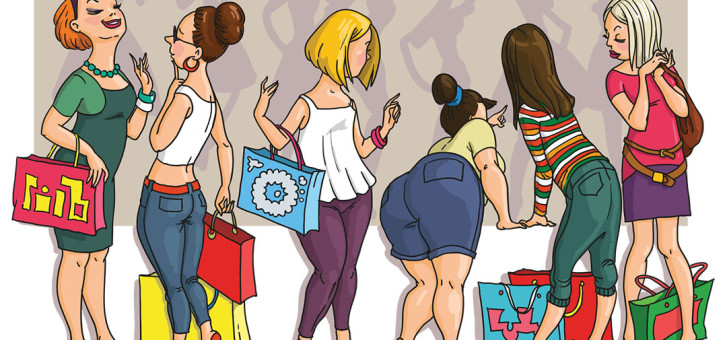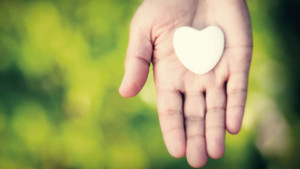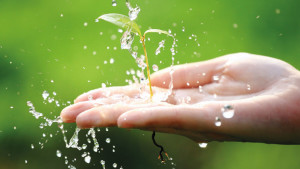Do you know how challenging this month will be? No, not because somehow the year is almost over. I mean the facet that it's also Buy Nothing New Month.
not wanting to sound too arrogant, but I am good at quite a few things, especially if you're looking for someone who can quote from a Mel Brooks movie. r someone who is really good at buying things— I can spot a bargain at 50 paces and know how to swiftly hunt until the perfect item is found.
But it isn't like I'm sitting on an ever-growing pile of goods like Smaug in The Hobbit. A lot of the thins I buy go to other people. So if you ever see me in a shop buying a load of pineapple-themed merchan- dise, I’m simply collecting things to send to my best friend who loves all things pineapple.
And if I’ve bought something for myself and then find that I don’t love it, I either give it to a friend who would like it or donate it to charity (culling is yet another thing I’m good at—if only I’d thought of writing a book about it like Marie Kondo!).
But while buying nothing new for a whole month sounds challenging, it won’t actually be that bad. The Buy Nothing New Month move- ment allows you to buy some new things—as they point out, don’t hold back if you need new deodor- ant. The real point of the month is to cut back on wasteful consump- tion: “cutting back on the stuff we don’t really need and changing the way we look at existing stuff.”
We live in a hyper-consumeristic society. Almost all of our clothing choices revolve around fast fashion. If something breaks, we throw it out and buy a new one instead of trying to fix it. Retail therapy is a thing— we use the emotional rush of shop- ping to comfort ourselves, cheer our- selves up or distract ourselves.
Breaking out of this cycle of buy, buy, buy can be challenging, but it’s also really rewarding. The Buy Nothing New website has plenty of tips, all of which can be applied to life beyond October. You may dis- cover deep joy in op shopping or freecycling, or just stopping buy- ing things you don’t really need.
Reuse, renew, repair and recycle may become your new life motto.
If we really stop and think about our behaviours as consumers and the impact they have, we’ll start to wonder: are we exploiting people and natural resources in order to own things that we don’t really need, want or care about? And what hap- pens to all of our rubbish?
The Bible has a lot to say about stewardship (the responsible plan- ning and management of resourc- es). Humans were given a wonder- ful environment to live in, with the responsibility to care for it (Genesis 2:15). Christians are called to be faithful stewards, looking after and sharing what God has blessed them with, whether it’s money, skills or time (1 Peter 4:10, 11).
In Luke 12:15, Jesus said to His followers, “Watch out! Be on your guard against all kinds of greed; life does not consist in an abundance of possessions.” He also warned, “Where your treasure is, there your heart will be also” (Matthew 6:21).
I’ll be using October as a month to re-focus and re-set my purchasing priorities







